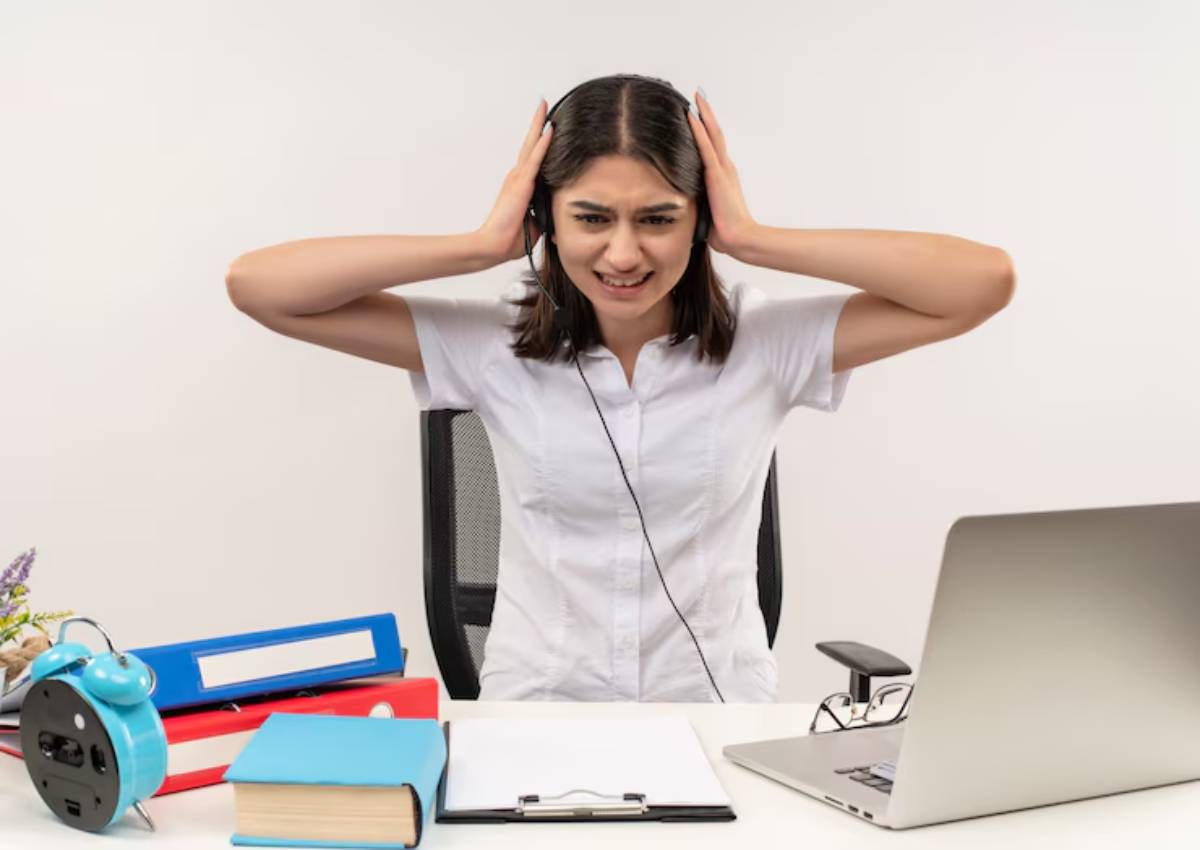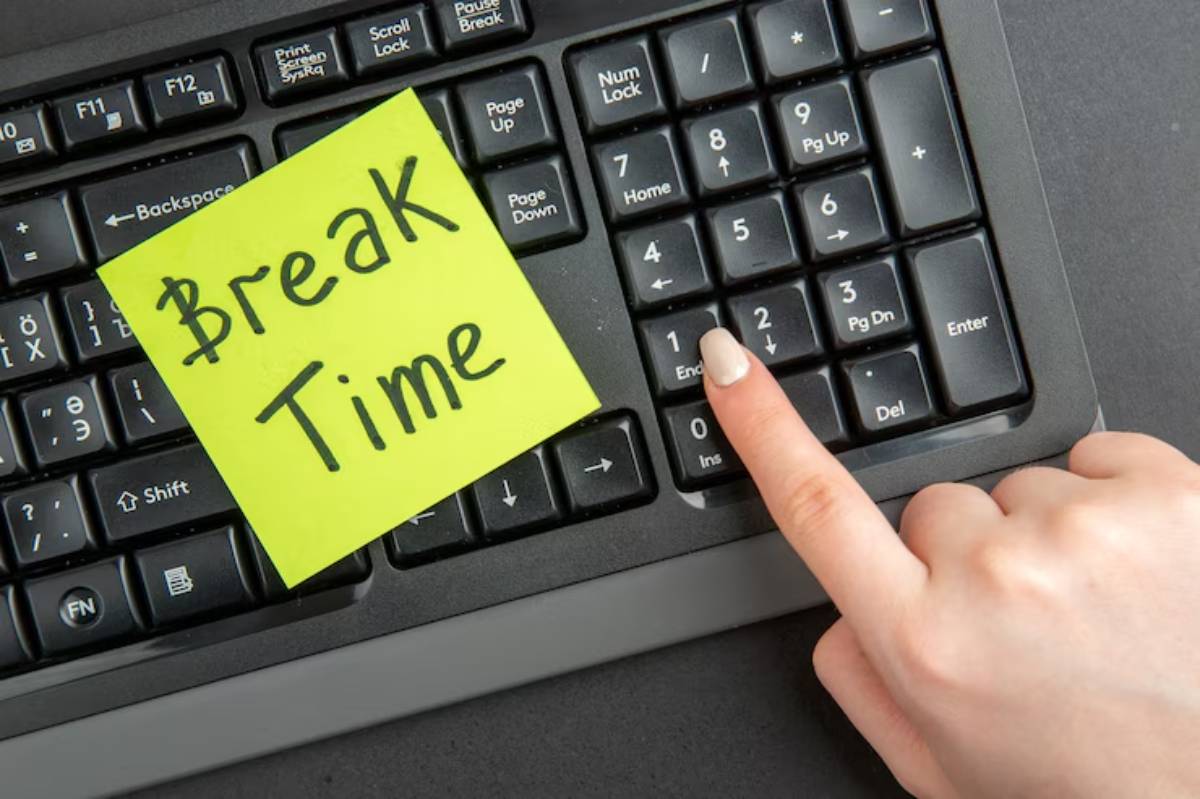
How to Avoid Burnout When Juggling School and Work
When Everything Feels Like Too Much All the Time
You’re trying to submit coursework, hit your shift on time, reply to three group chats about a project, and somehow remember to eat dinner. You fall into bed exhausted, only to wake up and do it all over again. If that sounds familiar, you’re not alone — and you’re probably inching dangerously close to burnout.
School burnout and work-school stress don’t arrive all at once. They creep in quietly, starting with fatigue, disorganisation, and mood swings, and often ending with emotional exhaustion and declining academic or job performance.
But here’s the truth: burning out is not a badge of honour. It’s a signal.
In this article, we’ll explore how to spot the signs of student burnout early, share proven methods for student fatigue management, and offer actionable strategies to help you keep up with both school and work, without falling apart. You’ll learn how to protect your energy, regain your focus, and build a life that feels sustainable again.
What Exactly Is Student Burnout?
Burnout Isn’t Just Being Tired
Burnout is a prolonged state of physical and emotional exhaustion caused by chronic stress.
In students juggling jobs, it often shows up as:
- Constant fatigue, even after sleep
- Declining performance in both school and work
- Loss of motivation or interest in things you normally enjoy
- Irritability, anxiety, or sadness
- Procrastination, followed by guilt and more stress
According to a 2023 UK-based study on student mental health, nearly 74% of students reported feeling overwhelmed, and over 40% said they struggled with balancing studies and work commitments【National Union of Students】.
Early Warning Signs of Work-School Stress

Before full burnout kicks in, you may notice:
- Skipping meals or irregular eating habits
- Saying “yes” to more than you can handle
- Struggling to sleep despite feeling exhausted
- Forgetting deadlines or showing up late to work
- Constant headaches or muscle tension
Catching these signs early allows you to make changes before your body and mind force you to.
One: Create Breathing Room in Your Week
Track Your Time to Regain Control
Before you can fix anything, you need to understand what’s really taking up your time and energy.
Try this for 3 days:
- Log everything you do in 30-minute increments
- Include meals, classes, commute, scrolling, and work
- Rate how each activity made you feel (energised, neutral, drained)
Then ask:
- Where am I overcommitted?
- What can be shortened, delegated, or removed?
To stay honest, use apps like Toggl or just a pen-and-paper tracker.
Learn to Prioritise the “Big Rocks”
Think of your week like a jar. The “big rocks” (study, work, rest) need to go in first, followed by “pebbles” (social events, side projects), and then the “sand” (TikTok rabbit holes, late-night YouTube).
Write down:
- 3 weekly academic goals
- 2 work goals or responsibilities
- 1 personal goal (sleep, fitness, mental health)
Anchor your time around these. Everything else is optional.
Two: Build Recovery Into Your Routine

Treat Rest Like a Task — Because It Is
Rest doesn’t just mean sleeping. It includes:
- Mental rest; screens off, eyes closed
- Social rest: time away from expectations
- Creative rest: doing something purely for joy (drawing, dancing, reading)
Block at least 30–60 minutes daily for recovery. That’s non-negotiable. You can’t pour from an empty cup — or even a half-full one.
Eat and Sleep Like You Mean It
You already know these are important, but in burnout prevention, they are the foundation.
Nutrition tips for working students:
- Pack high-energy, low-prep snacks (nuts, yoghurt, fruit)
- Batch cook once a week (pasta, rice bowls, soups)
- Stay hydrated — keep a bottle in your bag or on your desk
Sleep tips for burnt-out brains:
- Set a “wind-down” alarm an hour before bed
- Keep devices off your pillow and out of your hands
- Use calm music, guided meditations, or white noise if your mind races
Three: Say No (Even When It’s Hard)
Boundaries Are Not Selfish — They’re Essential
Saying yes to everything is a fast track to burnout. Learn to protect your time like it’s your job.
Examples of kind, firm boundaries:
- “I’d love to help, but I can’t take anything else on this week.”
- “I’m working on an assignment that night — could we reschedule?”
- “I need this evening to rest — thanks for understanding.”
And yes — saying no to yourself counts too. That could mean stopping study at 10pm or turning down an extra shift during exam week.
Make Your Boss Part of the Solution
Most employers understand that you’re a student first. Don’t wait until you’re drowning to speak up.
What you can say:
- “My workload is heavier this week — could I swap shifts or reduce my hours temporarily?”
- “I’d like to request set shifts during exam season to help with planning.”
Being proactive builds trust and allows them to support you better.
Four: Plan Smarter, Not Harder
Use a Weekly Planner With Zones
Split your schedule into zones:
- Focus time: coursework, revision
- Flex time: admin tasks, chores, emails
- Recharge time: sleep, rest, socialising
This structure helps you avoid the all-or-nothing trap and gives clarity to your energy patterns.
Tools to try:
- Google Calendar (colour-coded blocks)
- Notion for to-do lists and study trackers
- Paper planner, if digital feels overwhelming
Time Your Tasks to Your Energy
If you’re a morning person, don’t waste your best brainpower checking emails. Do the hard stuff when you’re sharpest.
- Mornings: deep work (essays, problem-solving)
- Afternoons: collaborative work or lighter admin
- Evenings: wind-down reading or organisation
This simple shift can drastically reduce the feeling of “working all day but getting nothing done.”
Five: Stay Connected (Without Overcommitting)
Talk to People Who Get It
Burnout thrives in isolation. Surround yourself with people who understand what you’re going through.
- Join a peer study group
- Talk to a university counsellor or support service
- Find online communities for student-workers
Sometimes, just hearing “me too” is enough to feel human again.
Check in With Yourself Weekly
Use Sunday nights or Monday mornings to reflect:
- What drained me last week?
- What recharged me?
- What will I do differently this week?
Even five minutes of honest reflection can prevent five days of stress.
Real Story: How Leon Recovered from Student Burnout
Leon, a final-year design student, was working 18 hours a week and freelancing on the side. By mid-semester, he was barely eating, skipping classes, and felt emotionally numb.
His turning point?
- He emailed his tutors and asked for extensions
- Cut freelance work for one month
- Used a simple Notion board to track only 3 priorities per week
- Scheduled a weekly “no study, no screens” Sunday
“Burnout made me feel like I was failing at everything. Now I work less, but I produce more — and I actually feel like myself again.”
Summary: Burnout Doesn’t Mean You’re Weak — It Means You’re Human
Burnout doesn’t hit because you’re lazy. It hits because you care, and you’ve been carrying too much for too long without a break. The goal isn’t to do less — it’s to do what matters, better.
If you’re balancing school and work right now, take this as your sign to check in. Pause. Adjust. Say no. Say yes to help. And build a life where success doesn’t come at the cost of your well-being.
Have you ever experienced school burnout? What helped you cope?
Share your story in the comments, or grab our free burnout recovery checklist and planner designed for student-workers.
Because managing your life isn’t just about hustling harder, it’s about healing smarter.


